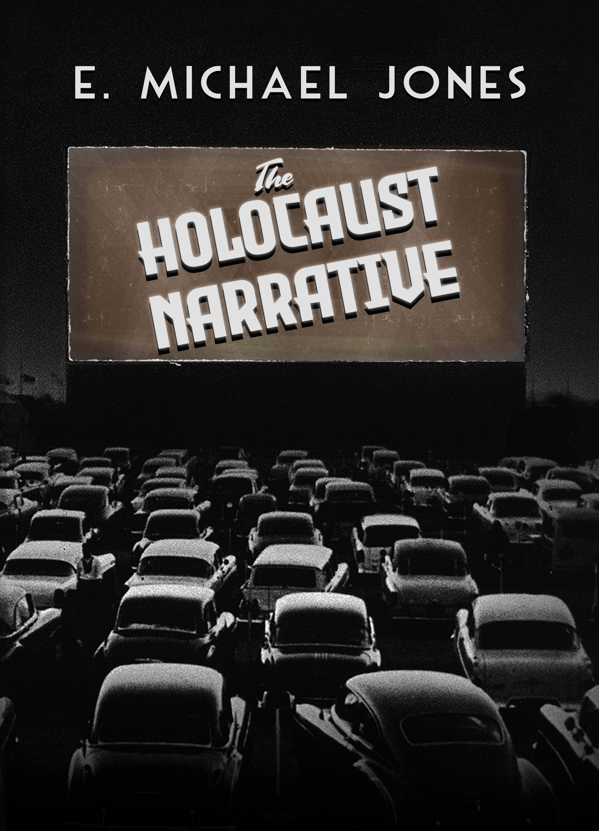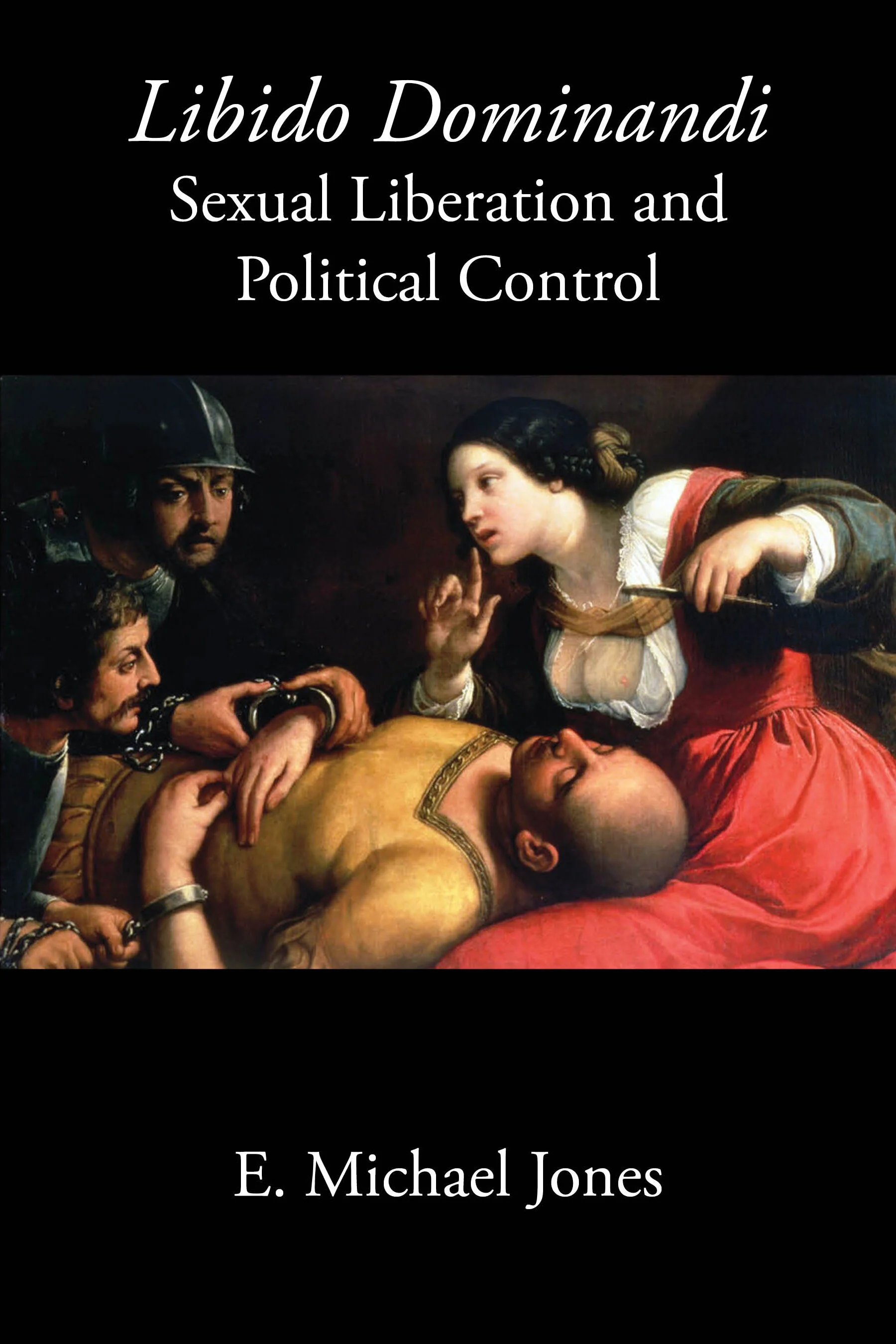Jonesing the Logos
/The town of Echt, close to the southern tip of Holland, has a Carmelite convent and a railway station. It was from here, in 1942, that Sister Teresia Benedicta a Cruce (born Edith Stein) was taken by the Gestapo to her death at Auschwitz, following a statement by the Dutch bishops denouncing the Nazi invaders’ treatment of the Jews. She had just that morning finished writingThe Science of the Cross. “We go for our people,” she is said to have told her sister Rosa, who had joined her in the Carmel, and who with Edith and 40,000 other Jewish converts to Christianity were killed in the Nazis’ monumental act of spite.
Read More
















